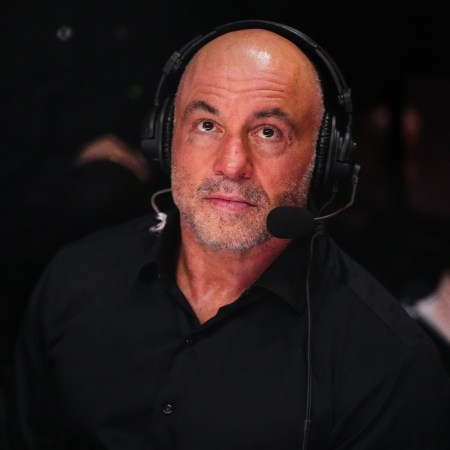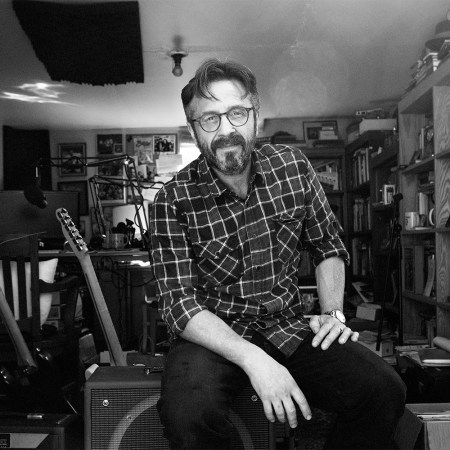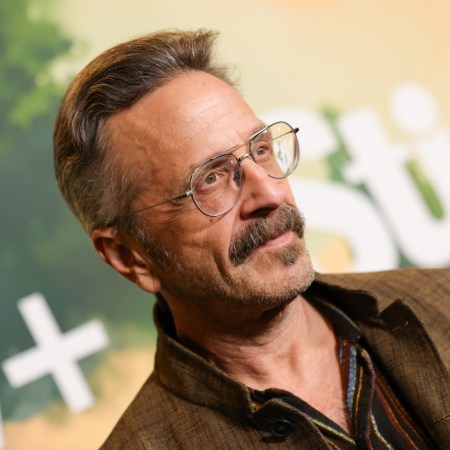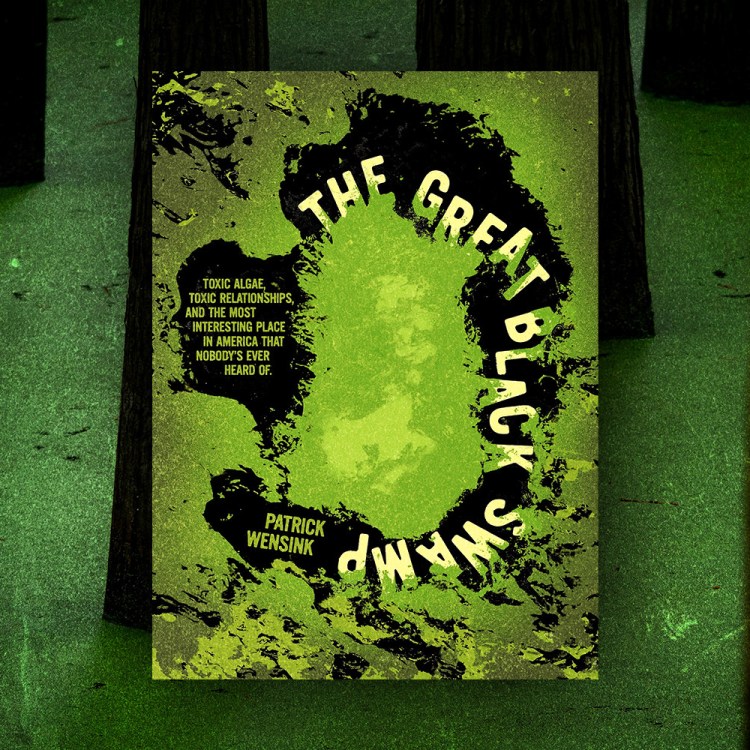The first podcast launched on July 9, 2003. Called Open Source — it’s still going today — the show featured software engineer and blogger Dave Winer and TV/radio personality Christopher Lydon. The duo recorded the podcast using a recorder and laptop at Harvard University in an effort to create an “audio blog.”
Twenty years later, those audio blogs are big business. According to the industry site Podnews, there are now 4.1 million podcasts (and 102,000+ shows published in the last three days). 42% of Americans now listen to podcasts each month. And U.S. podcast revenue is currently $1.8 billion.
“I think the American people are starving for good conversation, and they find enough of it to come back time and again to podcasts,” Lydon recently told Podnews. “That’s a very broad statement, but I think we’re just we’re evolving a new conversational system in this far-flung democracy, and podcasting has a peculiar place in it, a very energetic, interesting place.”
7 Podcasts That Will Get You Back Into Podcasts
Have you hit a rut? Here are a few new listens that just might get you back into the swing of things.All good, but there are signs that the format has hit a peak. In the past year, Spotify has cancelled around a dozen big-name podcasts and laid off over 200 people in its Podcast division. The number of active podcasts has steadily decreased in the last three months. And even with rosy revenue estimates ($3.9 billion by 2025), the fact is that there are way too many podcasts and some hesitancy for the industry and listeners to embrace something new: Why are true-crime podcasts from the creators of Serial and The Joe Rogan Experience still America’s top podcast listens (via Apple and Spotify, respectively)?
A recent Pew Research study (per Variety) suggests a few trends for the podcast industry, and ones that seem to make it hard for non-celebrity (or underfunded) podcasts to succeed. True crime podcasts take up about a quarter of the most popular podcasts right now, and 95% of those podcasts use in-depth reporting to cover their topics. Conversely, one-fifth of the top podcasts don’t fit into a single defined category and no single genre accounted for more than a quarter of the podcasts.
As well, half of the top podcasts in the study had accompanying videos, and about 70% were affiliated with larger organizations.
Translation? As the podcast industry grows, some of the more interesting voices might be squeezed out by large companies, big names (but not too big) and multi-interest, mainstream programming. When asked about the current state of podcasting being dominated by large companies, Lydon did seem frustrated. “It’s not the way I expected it,” the podcast pioneer told Podnews. “I mean, the instant commercialization of this space, it was a surprise and I’d say a disappointment; but on the other hand, it’s okay. They have their audience, I guess.”
Thanks for reading InsideHook. Sign up for our daily newsletter and be in the know.




















